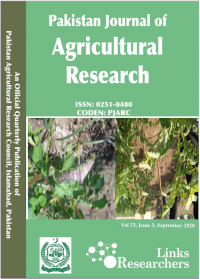The Cardiovascular Advantages of Dark Chocolate: A Comprehensive Analysis of Bioactive Compounds and Health Implications
The Cardiovascular Advantages of Dark Chocolate: A Comprehensive Analysis of Bioactive Compounds and Health Implications
Mehak Muhammad Ashfaq1*, Aqsa Naeem Chawla1, Muhammad Umaid Ali1 and Adnan Ahmed Bhutto2
ABSTRACT
Chocolate rich in cocoa is referred to as “the drink of the Gods”. Originally called Theobroma cocoa, the cocoa tree” (meaning drink). Nutrient-dense flavanols are found in cocoa. Flavanols are unconjugated chemicals found in plants that comprise the group of polyphenols, which also include epicatechin, catechin, and procyanidin. Based on a ground-breaking study, eating foods high in flavonoids is linked to a lower risk of cancer, cardiovascular disease (CVD), and other neurological conditions, including Alzheimer’s, Parkinson’s, and others. Nevertheless, due to research constraints and confounding variables such as study design, population size, and usage of various chocolate product types, dosages, and contents, additional large-scale human experiments are required to validate and advocate the chocolate diet. An increasing amount of research shows the beneficial effects of dark chocolate high in flavonoids, particularly on cardiac arrest, hypertension, insulin resistance, oxidative stress, inflammation, and platelet functions through many mechanisms. Eating dark chocolate lowers blood pressure, both diastolic and systolic, increases the bioactivity of nitric acid, and strengthens endothelial function. However, due to the amount of sugar it contains, it adversely impacts our health, resulting in weight gain.
To share on other social networks, click on any share button. What are these?







